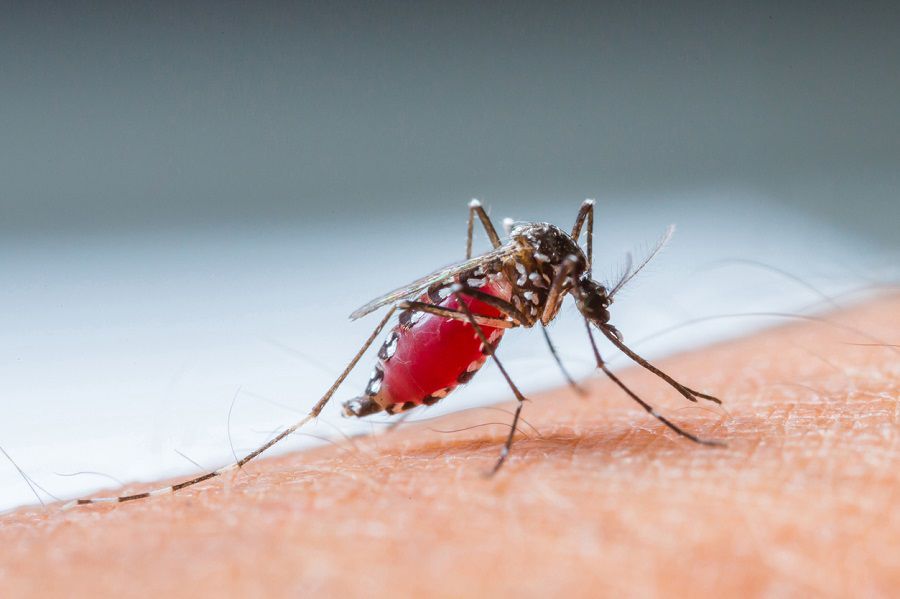
Photo for representation only.
New Delhi, April 25
Climate plays a pivotal role in altering the transmission patterns of malaria, said experts on World Malaria Day on Thursday.
World Malaria Day is observed annually on April 25, to spread awareness about the mosquito-borne disease. This year's theme is “accelerating the fight against malaria for a more equitable world,” as many people globally have no access to quality, timely treatment, and affordable services to prevent, detect, and treat malaria.
According to the World Health Organization (WHO) in 2022, malaria claimed the lives of an estimated 608, 000 people worldwide and there were 249 million new cases.
A 2022 Lancet study on malaria showed that an increase in temperatures could also enable the malaria parasite to develop faster and therefore escalate the transmission and burden of malaria. Even just a 2-3 degree Celsius increase could increase the population vulnerable to the disease by 5 per cent, equating to 700 million more people.
“Climate shifts play a pivotal role in altering the transmission patterns of malaria, particularly during the monsoon and pre-monsoon seasons from June to November. Fresh rainfall leads to waterlogging and the accumulation of stagnant water, creating ideal breeding grounds for the female Anopheles mosquito, the carrier of malaria parasites. This period witnessed a surge in malaria cases due to increased mosquito breeding in these water bodies,” said Dr Manish Mittal, Consultant Physician, Bhailal Amin General Hospital, Vadodara.
“Early diagnosis and treatment are paramount in mitigating the impact of malaria, with heightened awareness prompting individuals to seek medical attention for fever symptoms and undergo simple blood tests,” he added.
In a new study, researchers at the University of Florida showed that various mosquito and parasite traits exhibit intermittent relationships with temperature and that under future warming temperatures, transmission potential is likely to increase in some environments but could reduce in others.
The study, published in the journal Nature Communications, also suggests that parasites can develop more quickly at cooler temperatures and that the rate of parasite development might be less sensitive to changes in temperature than previously thought.
“The primary solution lies in avoiding construction sites and ensuring stagnant water is promptly cleared, especially at construction sites. Additionally, households should discard items that collect water, such as pots and old tires, and cover themselves while travelling,” said Dr Rajeev Boudhankar, Medical Director, Holy Family Hospital, Mumbai.
Dr Manish also emphasised employing personal protection methods such as insect repellents and mosquito nets.
Join Whatsapp Channel of The Tribune for latest updates.



























